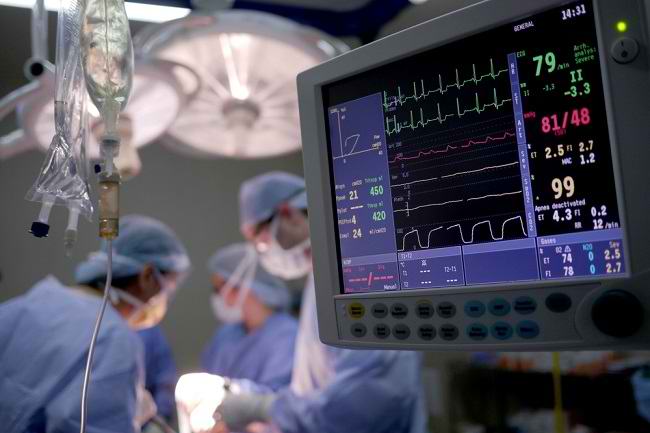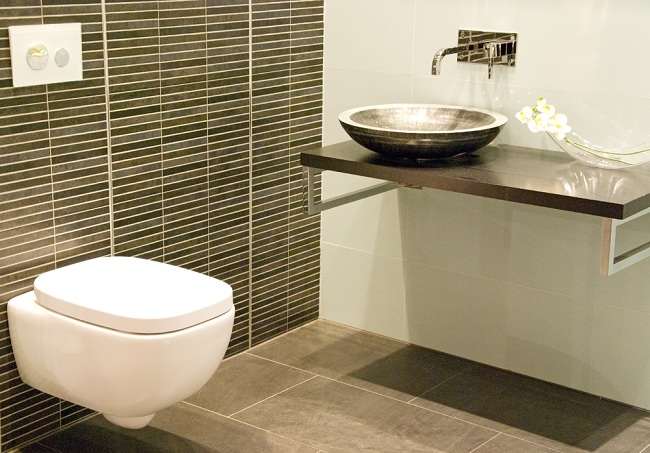Everyone has their own eating habits. Some eat fast, some are slow. Eating fast turns out to be at risk of causing several conditions that are detrimental to health. On the other hand, eating more slowly has been shown to be healthier and helps the body maintain a normal weight.
Eating slower may sound trivial and inefficient, especially to busy people. However, studies have found that by extending the duration of a meal, people who are obese can consume fewer calories. Not only that, in general, eating slower can bring a variety of health benefits.

Risk Eat Fast
The following are the risks that can arise from fast eating:
1. Stomach acid disease
Eating fast, as well as drinking fast, can increase the backflow of stomach acid into the esophagus after eating, thereby increasing the risk of acid reflux disease (GERD) which causes symptoms of heartburn to shortness of breath.
If the habit of fast eating continues and the symptoms of GERD are not treated, this condition can lead to complications, such as narrowing of the esophagus, sores in the esophagus that can lead to bleeding, or even cancer.
2. Weight gain
The body takes about 20 minutes from starting to eat until the signal of fullness can reach the brain. If you eat quickly, you will tend to eat more food in 20 minutes because you don't feel full yet. In fact, the actual amount of food you eat is enough. This condition causes excess calories which in turn increases weight.
Eating slower will make you enjoy the food you eat more and also make your stomach full faster, so you avoid the risk of overeating.
3. Metabolic syndrome
Eating fast and gaining weight can increase the risk of developing metabolic syndrome and insulin resistance. These two conditions are interrelated and can increase the risk of developing heart disease and type 2 diabetes by up to 2.5 times.
4. Digestion process becomes slow
Eating fast can slow down the digestive process. People who are accustomed to eating fast tend to eat food in large pieces more often and chew less thoroughly. This makes the stomach and intestines along with the digestive enzymes in them need to work harder to process food.
In addition to the risks to the health of the body above, eating fast is also at risk of making you dissatisfied with the food you eat and worsening your habits. binge eating.
Benefits of Eating Slower
Eating slowly can bring a number of benefits to the body, and here are some of them:
- Control the amount of food that enters the body at one time.
- Reducing calorie intake in one meal, which will lead to weight loss over time.
- Allows you to enjoy the food you eat more.
- Helps the body absorb nutrients better.
- Speeds up the process of digestion of food.
- Makes you calmer and feel in control of yourself, thereby reducing stress.
Tips to Avoid Eating Fast
Given the many benefits that come with eating quietly and slowly, you may need to learn this habit. Here are some tips that you can try to change your fast eating habits:
- Avoid eating while watching TV, playing on your cell phone, or typing at the computer because these things can make you tend to eat fast.
- Try to focus only on the food you are eating without being distracted by other activities. Listen to light music or light a candle to calm the atmosphere.
- Bite the food little by little, chew slowly, enjoying the taste and texture of each component of the food you are eating. Chew at least 20 to 30 times each mouthful.
- Determine your regular meal times. Eating late can make you hungrier, so you'll be compelled to eat faster, more. When you are hungry, you are more likely to be tempted to eat unhealthy foods.
- Eat healthy snacks between main meals to prevent you from getting too hungry when mealtimes come and it will eventually make you eat faster.
- Consumption of fiber-rich foods because fiber-rich foods take longer to be digested by the body, so the stomach will be full longer.
As strange as it may sound, the speed with which you eat has an impact on your physical and mental health. you know. From now on, it would be nice for you to start trying to apply the ways above to avoid eating fast and get used to eating slowly.
However, if you find it difficult to eat slowly and calmly and feel you can't "brake" when you're eating fast, there's nothing wrong with trying to consult a psychologist, especially if you feel this habit has harmed you or made you gain excess weight. .









